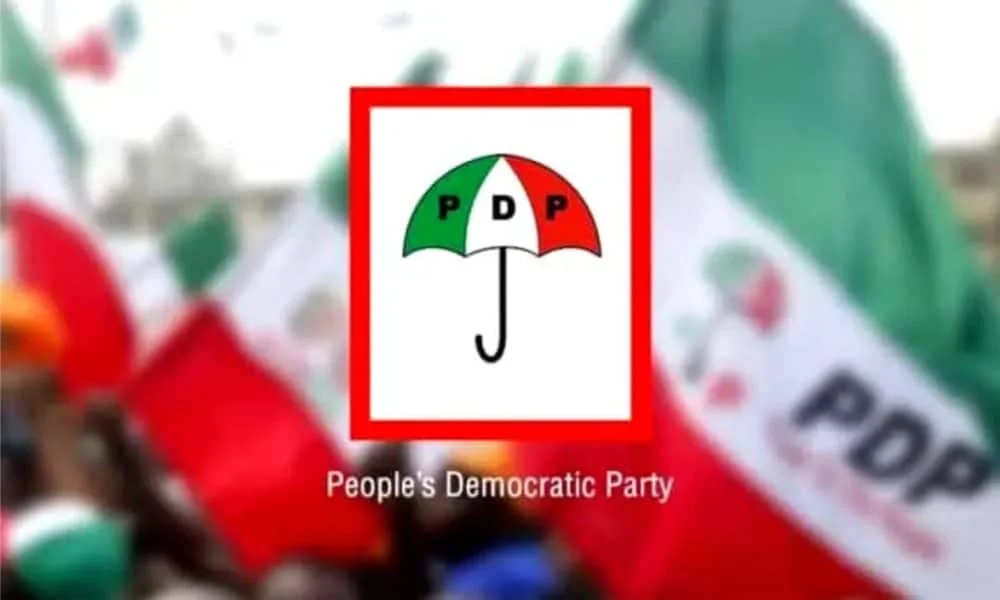The House of Representatives has mandated its Committees on Petroleum Resources (Downstream) and (Midstream) to carry out a legislative forensic investigation into the resurgence of fuel queues in petrol stations, allegations of the high cost of PMS, and the unavailability of fuel stock for downstream domestic refineries, among other things.
The committees are also to carry out a legislative forensic investigation into the presence of middlemen in trading, the indiscriminate issuance of licenses, the unavailability of laboratories to check adulterated products, the influx of adulterated products into the country, the allegation of non-domestication of profits realised from crude marketing sales in local banks, and other anomalies.
The House equally directed the panels to conduct a legislative forensic probe into the allegation of the importation of substandard products and high-sulphur diesel into Nigeria, the sale of petroleum products below fair market value, and the impact on downstream and local refineries and as the source of funds for such interventions, amongst other things, and report back to the House within four weeks for further legislative action.
These resolutions followed the adoption of a motion of urgent public importance moved by Hon. Billy Osawaru (APC, Edo) and Hon.Philip Agbesse (APC, Benue) at plenary on Tuesday.
Moving the motion, Osawaru said recently, there has been a resurgence of fuel queues in petrol stations, with allegations of high cost of PMS and non-availability of fuel stock for downstream domestic refineries in Nigeria and disruption of distribution of PMS products.
He expressed concerns over regulators such as NMDPRA and NUPRC, among others, ‘ failure to enforce compliance with standards that will help achieve the growth of the downstream sector, the lack of support for local crude refiners, and the issuance of import licenses despite local production.
“There is also an allegation of unfair subsidisation of PMS and other petroleum products, which negatively affects competitiveness in the sector. There are also allegations of racketeering and favouritism in the Pro Forma Invoice System (PFI) regime, indiscriminate issuance of licenses and importation of refined petroleum products.
“The alleged return of PMS price intervention and its impact on the domestic market, as well as the allegation of product unavailability to marketers from NNPC Retail, the endless shifting of timelines for refinery rehabilitation, the nefarious activities at the petrol depot that have affected product distribution and caused scarcity, and the use of middlemen in trading that has negatively affected domestic crude supply.
“The indiscriminate issuance of licenses, the unavailability of laboratories to check adulterated products and the influx of contaminated products into the country, allegation of non-domestication of profits realized from crude marketing sales in local banks, abuse of the PFI regime, importation of products already being produced in Nigeria like jet fuel, AGO, etc, use of international trading companies to resell fuel stock to local refineries, and all issues surrounding subsidy regime.
“The allegation of the return of subsidy on downstream PMS products, unclarity about the exact landing cost of PMS, reduction in retail price and its impact on downstream operations, allegation of importation of substandard products and high-sulphur diesel into Nigeria, sale of petroleum products below fair market value and its impact on downstream and local refineries and the source of funds for such interventions,” he argued.

 4 months ago
36
4 months ago
36















 English (US) ·
English (US) ·